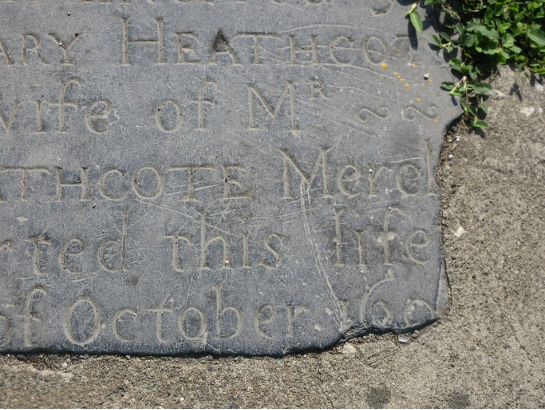
In the eighteenth century, Kingston’s “Spring Path” served as a burial place and location where African Jamaicans gathered to honor their heritage.
When Olaudah Equiano, an African-descended man who wrote a powerful anti-slavery narrative, came ashore in Jamaica in 1771 he was stunned by an event he witnessed at Spring Path:
“I was surprised to see the number of Africans who were assembled together on Sundays; particularly at a large commodious place, called Spring Path. Here each different Nation of Africa meet and dance after the manner of their own country. They still retain most of their native customs: they bury their dead, and put victuals, pipes and tobacco, and other things, in the grave with the corps, in the same manner as in Africa.”
With its complex history, Spring Path possessed symbolic and spiritual power. But this cultural centre was deliberately erased in the nineteenth century and Spring Path no longer exists as a discrete site in modern Kingston.
Our speaker, Linda Sturtz, is Professor of History at Macalester College, Saint Paul, Minnesota, U.S.A. Her work examines the history of early North America and the British Caribbean within an Atlantic world context. Her current research focuses on the ways that African-Caribbean women sought to cultivate an expressive culture within a slave society and into how their tactics adapted to new forms of social control in the aftermath of abolition.
In this talk, Linda will explore the meaning of Spring Path to late eighteenth-century African Jamaican people before taking listeners on a journey to find its location in present-day Jamaica.
Join us as we recover this important site of eighteenth-century African Jamaican history and memory.
This event will be a Zoom webinar on:
Thursday 21 October 2021 at 6.00 p.m. London time (12.00 p.m. Jamaica time)
SAVE THE DATE!

